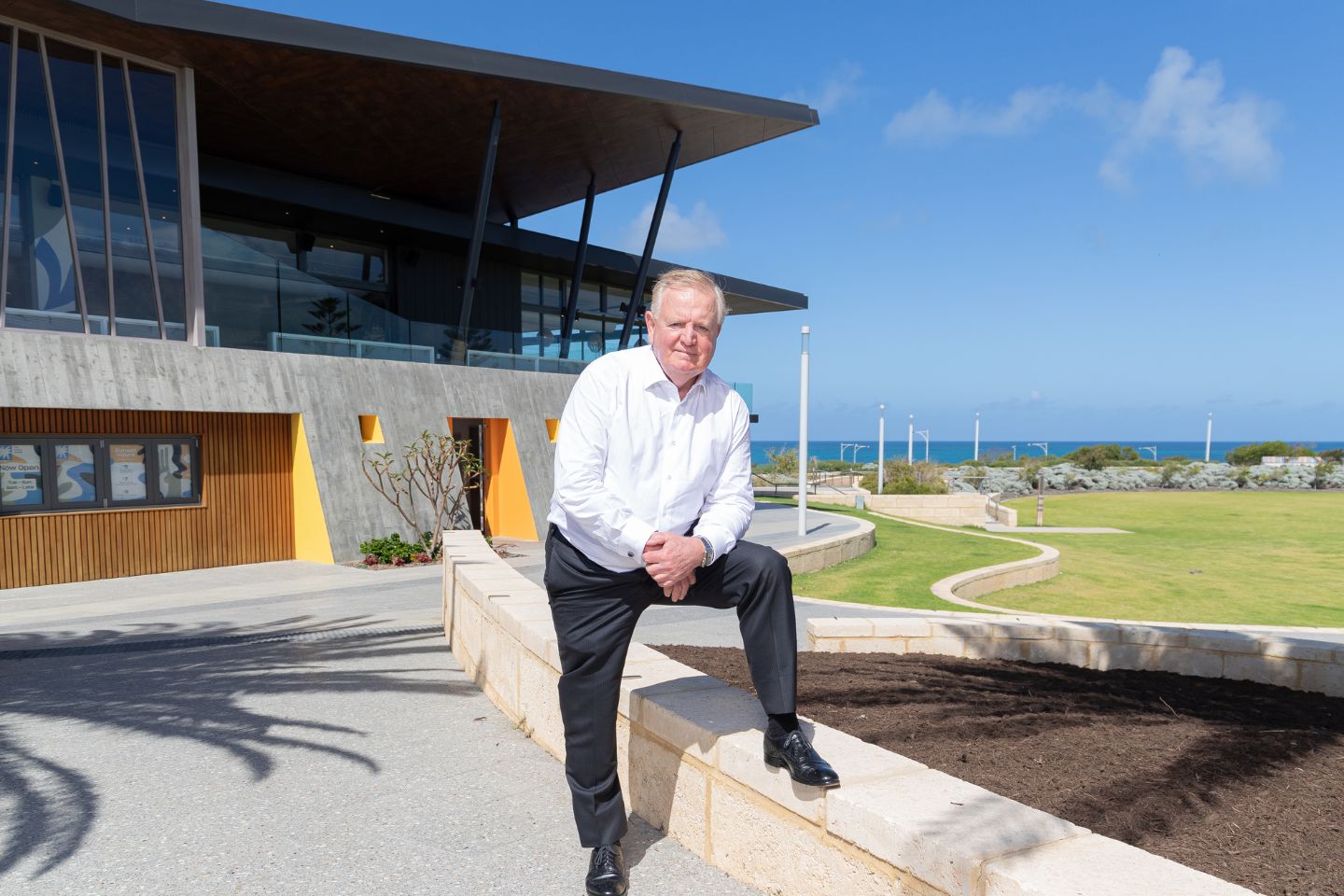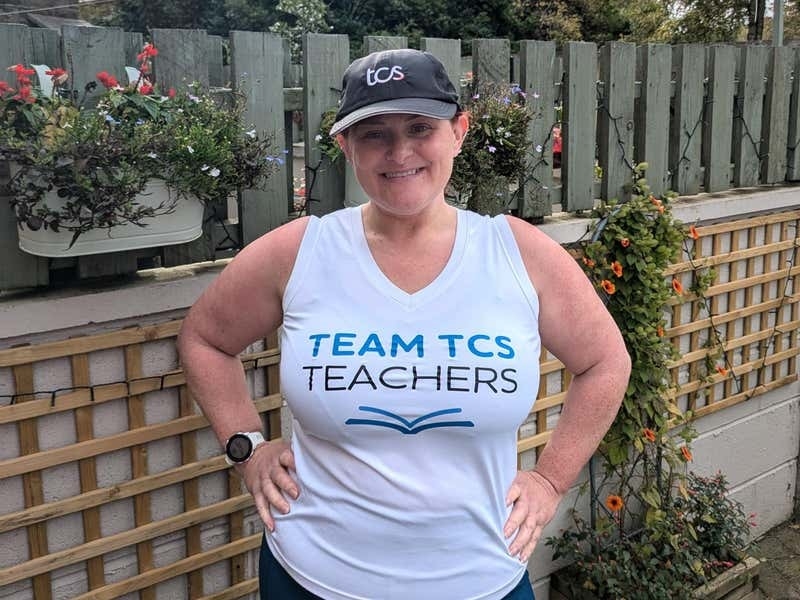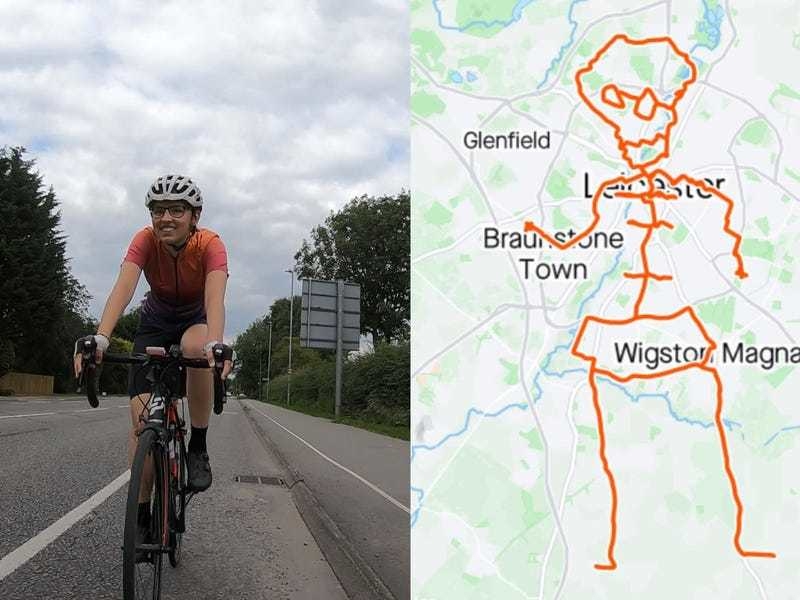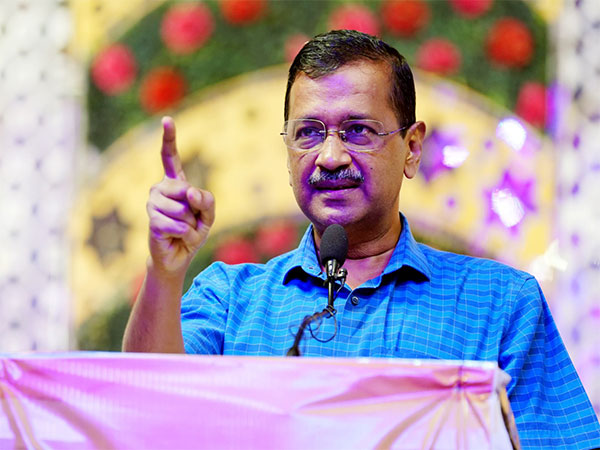
So, on we go His welfare is of my concern No burden is he to bear We’ll get there For I know He would not encumber me He ain’t heavy, he’s my brother Writer–Director David Vincent Smith’s reference to The Hollies’ 1969 hit as the title for his new film is not without irony. Max (Sam Corlett) – drug-dependent and out of control – is clearly a crushing weight on his sister Jade (Leila George) and mother Bev (Greta Scacchi). The opening scene of this compelling new Australian production throws us right into the chaos he visits upon them.
The desperate, violent, off-camera shouts of abuse from Max as his sister sneaks past concerned neighbours and into their mother’s house are obviously nothing new. Bev, seated at the kitchen table, shows none of the anxiety we see in Jade. Perhaps she’s beyond reacting to Max’s outbursts.
Perhaps she looks past the ugly side of her son through eyes that see only with a mother’s love. Jade, however, is at the end of her tether. Everything she’s tried has failed.
She’s left with just one last desperate measure. This desperate measure didn’t come to David Vincent Smith as a narrative conceit. It was much closer to home.
One night, Smith got a call from his mother who told him his own drug-addicted brother was outside their home. As he explains in the film’s press kit: I could hear smashing windows in the background as he tried to claw his way inside. I was done.
There had been many years of violence, emergency rooms and mental trauma [...
] my own life was suffering as a result [...
] what could I do? I had an idea – I could kidnap him. Take him out to the desert, throw away the car keys and resolve this once and for all. Smith didn’t pursue that extreme thought in real life.
Instead, it found its way onto the screen, first as a short “proof of concept” film – I’m Not Hurting You, which played at the 2019 Sydney Film Festival – and then as He Ain’t Heavy, his first feature film. The kidnapping and withdrawal Jade does indeed kidnap her brother. She sedates him and brings him to their dead grandparents’ home in the country, which Jade and Bev have been packing up in preparation to for its sale.
Here, we see Jade’s methodical preparation of the room where she will incarcerate Max, the food she will feed him, the posters and pamphlets that inform her how to manage a drug addict’s withdrawal. The choice of the grandparents’ home is significant for our understanding of this fractured family. Here we find evidence that things weren’t always like this.
We see old photo albums of happier times, toys and games that are now just reminders of fun family visits, a guitar that was once part of Max’s promising singing career, the nearby waterhole where lazy days were spent, and pencil marks on the door jamb recording the siblings’ growth. Perhaps the resonance of their better days will be as powerful as the enforced withdrawal in bringing Max back. But, of course, Jade’s best-laid plans don’t go as she might have hoped.
In many ways, Max’s drug addiction is what Alfred Hitchcock would have called a McGuffin – the story element you think the film is about, when in fact the film is about something else entirely. In this case, that something else is love: the love Jade feels for her brother that leads to this extreme action, the love Bev feels for her son that makes her vulnerable to his unpredictable and violent behaviour, and the absence of love Max feels for himself – a void that sucks him into a self-destructive spiral. He Ain’t Heavy is essentially a three-handed chamber piece that delivers a triumvirate of distinctive, grounded and well-delineated performances, each one serving a sharply written screenplay imbued with an authenticity that reflects Smith’s lived experience.
A powerful portrait of familial love Without giving any spoilers, there are some narrative conveniences along the way that might detract from a lesser film. In this case, however, they are easy to forgive, in favour of the powerful viewing experience they help deliver. If only for the curiosity factor, it’s worth noting Leila George is also Greta Scacchi’s real-life daughter (her father is Vincent D’Onofrio).
This obviously doesn’t hurt when it comes to casting for family resemblance. But this tidbit of trivia is quickly forgotten in the moments of each of their finely crafted, absorbing performances. In Smith’s earlier short film version, we see a plaque on the grandparents’ kitchen wall with the following aphorism: RECIPE FOR LIFE – pinch of persistence, dash of kindness, spoonful of laughter, heap of love.
This is a story about a family that has exhausted its persistence, and for whom laughter is something of the past. But Jade’s extreme action is really an act of kindness. Both she and Bev, in their own ways, are driven by that heap of love.
He Ain’t Heavy is a film that deserves the same heap of love from its audience. To remove this article -.










